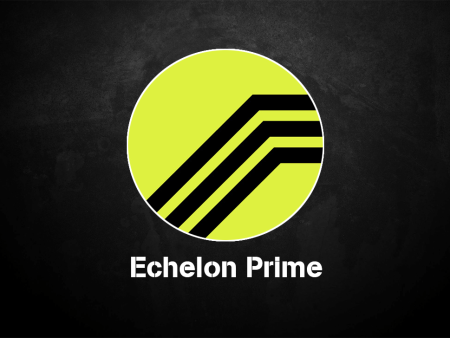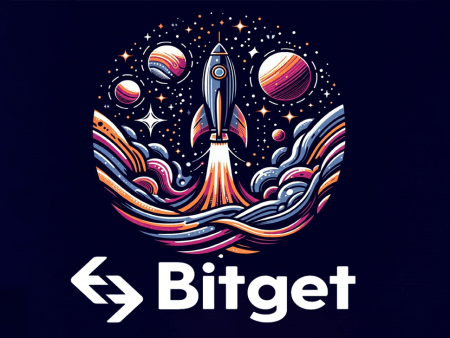Multi-Chain Non-Custodial Wallet is one of the prominent wallets in the cryptocurrency world, allowing users to manage assets on multiple blockchains from a single interface. With multi-chain support, this wallet offers convenience and flexible management.
However, using this wallet also comes with its own advantages and disadvantages. To better understand these factors, follow the AZCoin article.
What is a Multi-Chain Non-Custodial Wallet?
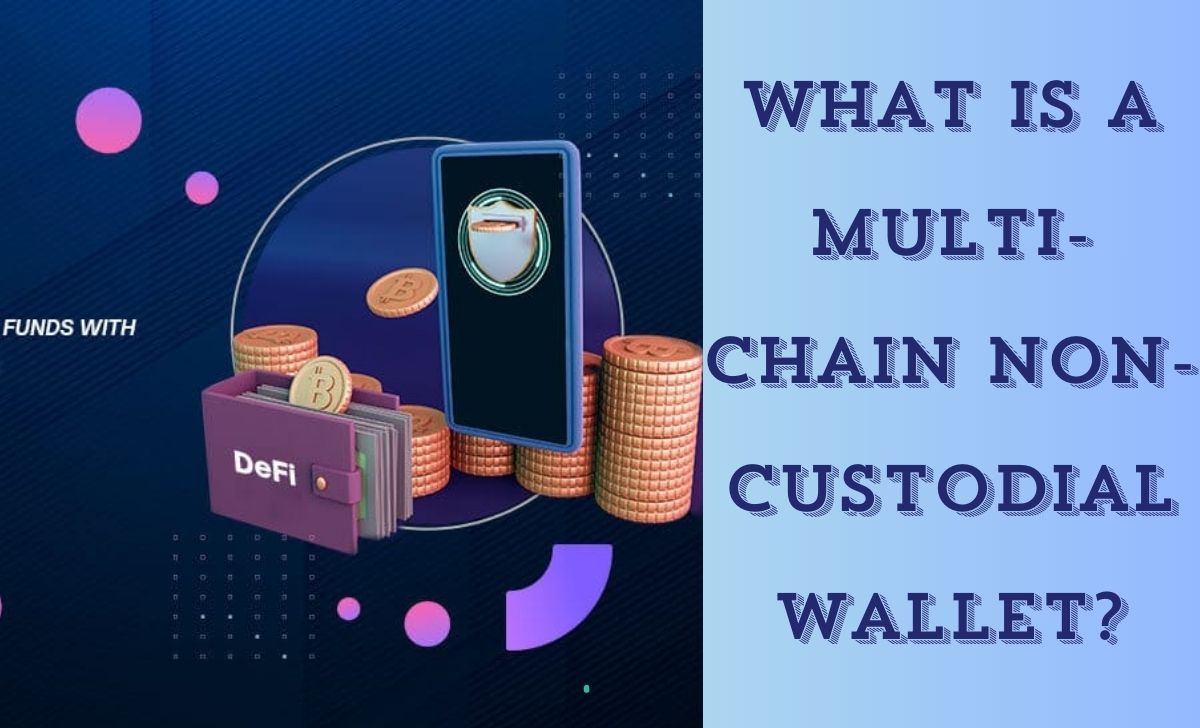
Multi-Chain Non-Custodial Wallet is a type of digital wallet that allows users to store multiple digital assets on different blockchains, while the user will be the one who completely holds their private keys.
How Multi-Chain Non-Custodial Wallet works
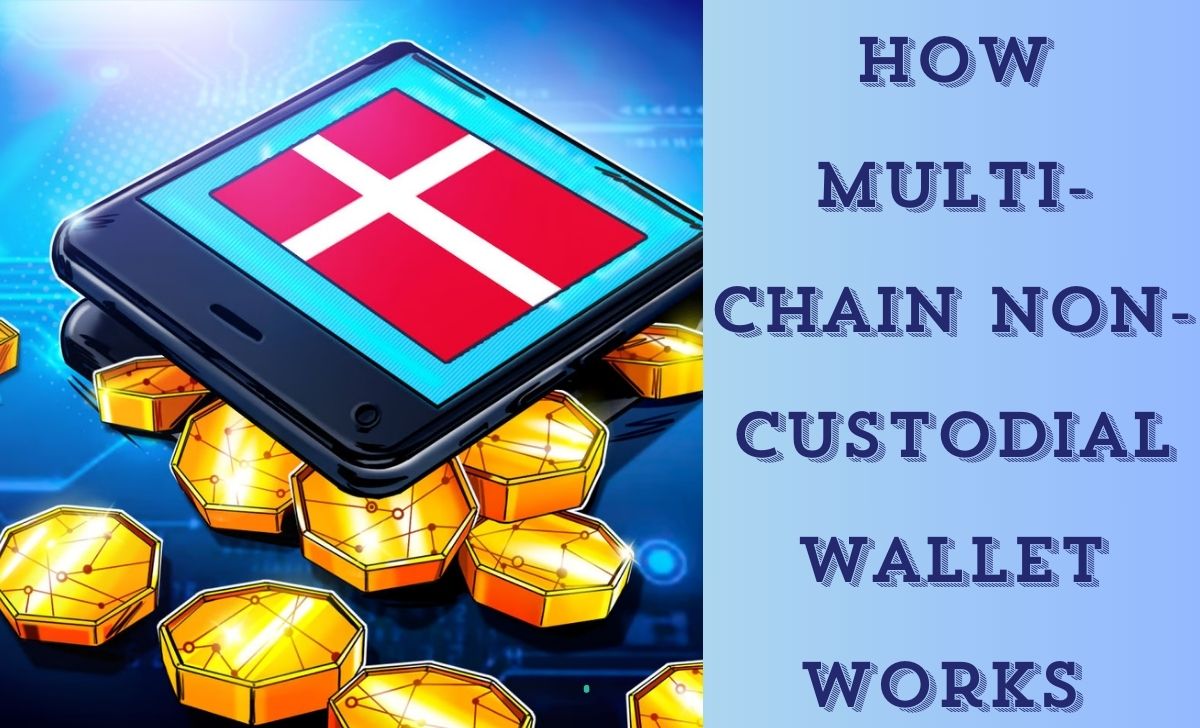
Multi-Chain Non-Custodial Wallet works by providing users with a single interface to manage assets across multiple blockchain without relying on a third party.
When a user creates a wallet, a private and public key pair is generated; the private key is kept secret and known only to the user, ensuring full control over the assets.
The wallet connects directly to different blockchain networks, allowing for seamless transactions, balance tracking, and asset management across blockchains. Transactions are signed with the user’s private key and sent directly to the respective blockchain network for confirmation, ensuring maximum security and control over the user’s digital assets.
Key features of Multi-Chain Non-Custodial Wallet
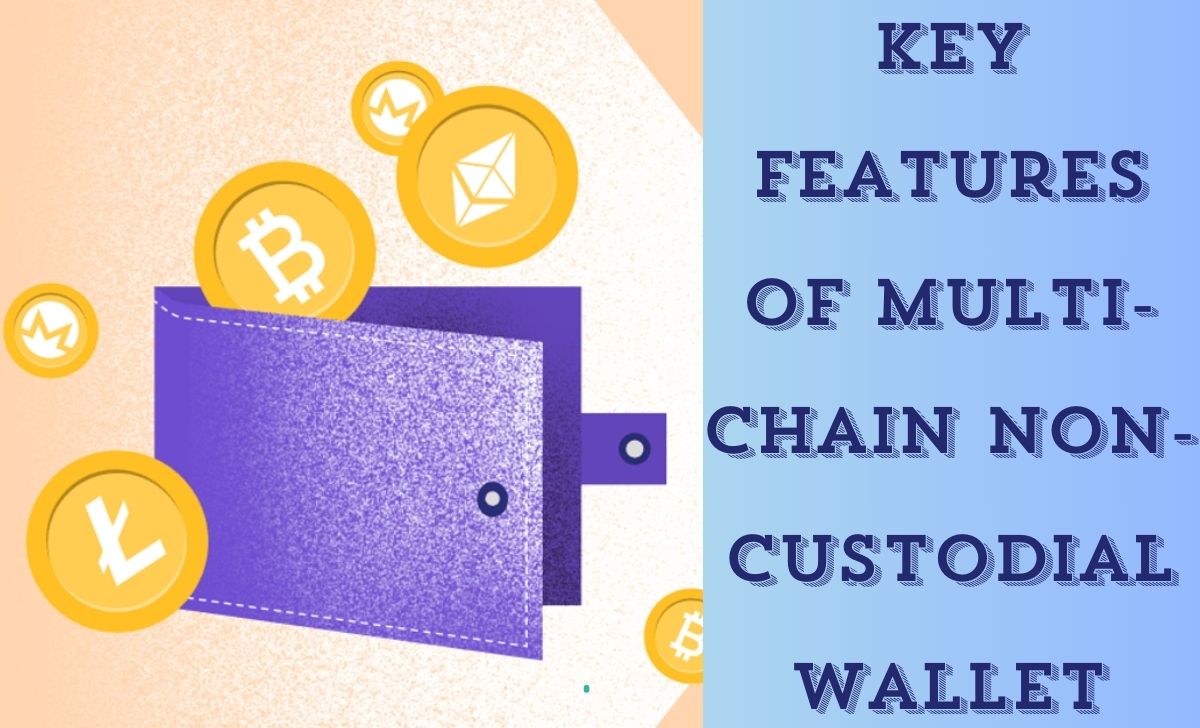
Multi-Chain Non-Custodial Wallet has some outstanding features as follows:
- Multi-chain support: The wallet is capable of storing multiple cryptocurrencies and tokens from different blockchains such as Ethereum, Binance Smart Chain, Solana, and Polygon. It’s also compatible with multiple token standards such as ERC-20, BEP-20, SPL, making it convenient to manage assets in a single wallet. For those looking for seamless integration with trading platforms, AZcoin – best crypto exchange 2024 can be a valuable resource.
- Non-custodial: Users have full control over their private keys, ensuring ownership and high security. The fact that no third party holds private keys minimizes the risk of theft or loss of assets.
- Direct trading: Allows direct interaction with decentralized applications, including DEXs, lending applications and NFT platforms. In addition, many wallets also integrate token swap functionality, making it quick and easy to swap different types of tokens.
- Security: Supports two-factor authentication for enhanced account security. Users also receive notifications when transactions occur and can lock their wallets with a password or fingerprint to prevent unauthorized access.
Pros and Cons of Multi-Chain Non-Custodial Wallet
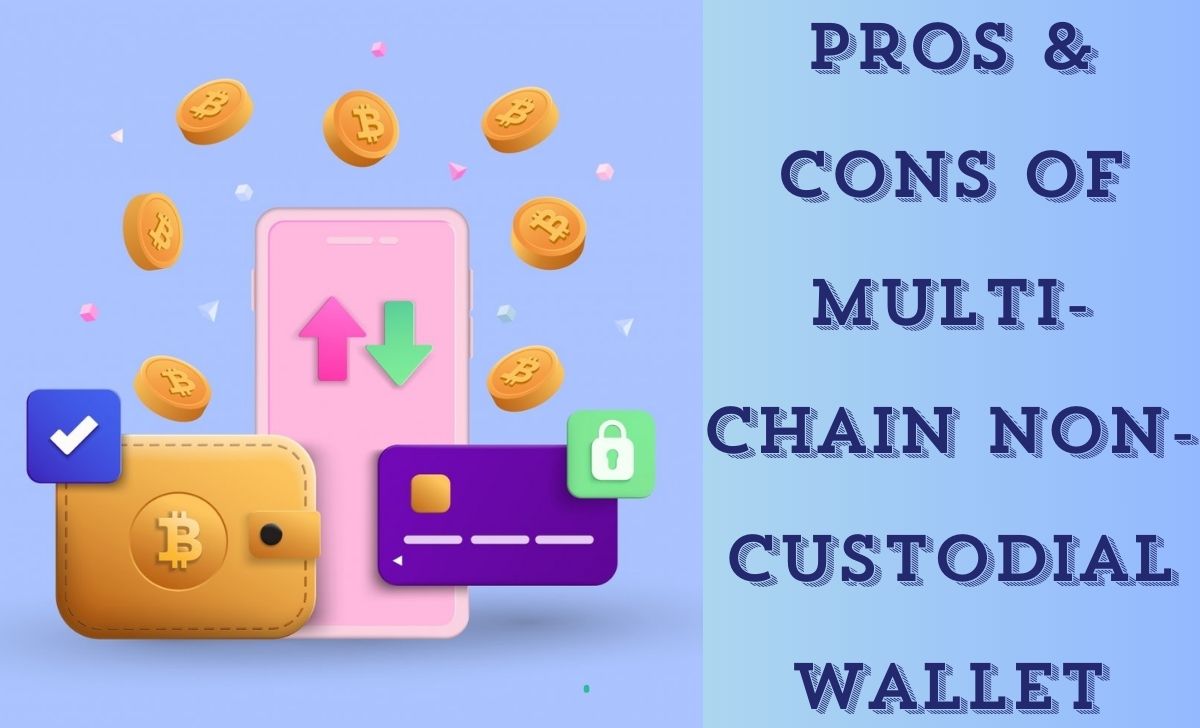
Pros
- Full control: Users fully hold their own private keys, ensuring absolute control over their assets and minimizing the risk of losing assets due to third-party intervention.
- Multi-chain support: Multi-Chain Non-Custodial Wallet allows storing and managing multiple cryptocurrencies and tokens from different blockchains in a single wallet. This saves time and effort when managing multiple assets.
- High security: Supports two-factor authentication and other security features such as transaction alerts and wallet locking with password or fingerprint, minimizing the risk of attacks or unauthorized access.
Cons
- Key loss risk: If a user loses their private key or recovery phrase, their assets will be inaccessible, as no third party can recover the key.
- Complexity of use: Managing multiple cryptocurrencies and tokens from different blockchains can be difficult for beginners or those unfamiliar with technology.
- Limited compatibility: Some wallets may struggle to support all blockchains and token standards, resulting in limited compatibility.
- Transaction costs: Transactions on some blockchains can incur high costs, especially during times of network congestion.
- Technical requirements: Using and setting up multi-chain wallets can require more technical skills than custodial wallets, which can be difficult for new or unfamiliar users.
Comparing Multi-Chain Non-Custodial Wallets with Single-Chain Decentralized Wallets
Multi-Chain Non-Custodial Wallets allow users to manage multiple assets from multiple blockchains in a single wallet, providing great flexibility and convenience. They support transactions and interactions with multiple decentralized applications from various chains but can be more technically demanding and have higher transaction costs due to the evaluation process across multiple networks.
In contrast, single-chain decentralized wallets only support one specific blockchain, such as Ethereum or Binance Smart Chain. This makes setup and security simpler, but limits the ability to manage assets from multiple chains. Single-chain wallets are generally easier to use, but require users to use multiple wallets if they need to manage assets across multiple blockchains.
In short, Multi-Chain Non-Custodial Wallets are suitable for users who need flexibility and the ability to work with multiple blockchains, while single-chain wallets are a good choice for those who prioritize simplicity and ease of use within a specific ecosystem.
You can refer to some more knowledge related to mutil chain non custodial walllet: Retik Finance
Notes when using Multi-Chain Non-Custodial Wallet
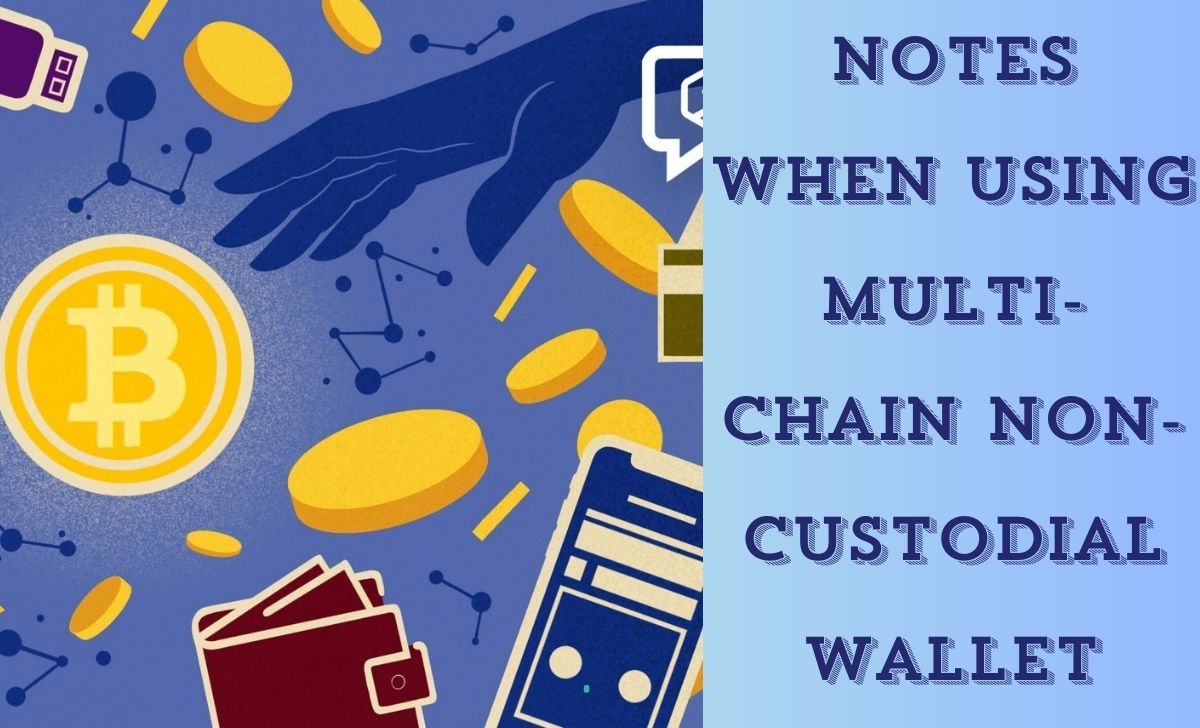
Although Multi-Chain Non-Custodial Wallets offer many benefits, users also need to keep in mind some important things to protect their assets.
Secure private key storage
Securing private keys is extremely important. Users should use security software and store private keys in a safe place. Losing private keys can lead to losing access to assets.
Choose a reputable wallet
It is necessary to choose wallets developed by reputable teams, with a large user community and highly appreciated for security. Choosing a reputable wallet will help users feel more secure in managing their assets.
Understand the risks
Although a Multi-Chain Non-Custodial Wallet is considered safe, users still need to understand the potential risks such as losing private keys, the risk of being hacked, and security-related issues.
Update to the latest version
Always update your wallet to the latest version to be protected by the latest security patches. This helps users avoid exploitable security vulnerabilities.
Conclusion
Above is the basic information about Multi-Chain Non-Custodial wallet, along with its advantages and disadvantages. Hopefully you have a clearer view of this tool to make a decision that suits your needs.

I’m Jessi Lee, currently living in Singapore. I am currently working as a trader for AZCoin company, with 5 years of experience in the cryptocurrency market, I hope to bring you useful information and knowledge about virtual currency investment.
Email: [email protected]

